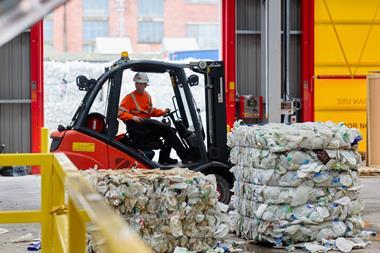Faking results - what are the consequences for science?
A The foundation of science is truth. We interpret and build on reported results in trust that they are faithful representations of the facts. Faking directly damages science, the reputation of the host institution, the agency that funded the work, the students or co-workers of the faker, and the reporting journal. The sad bell tolls for all.
Marcetta Darensbourg, department of chemistry, Texas A & M University, US
A Sensational reports of direct relevance to man are quickly translated and transmitted through the media, providing an enormous boost to the public image of the scientist. Faked results play an integral role in this process and can efficiently target the required blockbuster breakthrough; science is again considered useful, and more funds become available for research. There is no downside.
Kevin Francesconi, institute of chemistry, Karl-Franzens University Graz, Austria
A Faking results can mislead others, possibly causing them to abandon a line of investigation that might otherwise have been productive and to follow a course that is ultimately found to be wrong. Fake research results may strengthen applications for support so that funding is diverted from other projects. Faking results is fraud.
Andrew Taylor, school of biomedical and molecular sciences, University of Surrey, UK












No comments yet